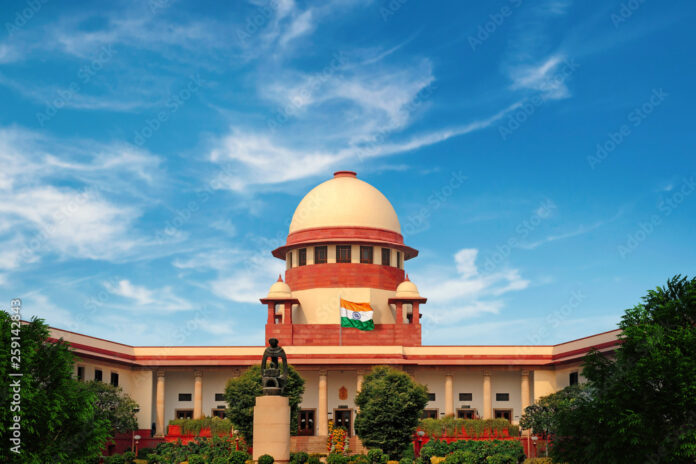In a significant development, the Supreme Court’s ruling on Tuesday (May 14) established that advocates cannot be held accountable under the Consumer Protection Act 1986 (as amended in 2019) for deficient services. The Court emphasized a clear distinction between professionals and those engaged in business and trade.
Implications for Consumer Forum Cases
Consequently, complaints alleging service deficiencies against advocates are deemed inadmissible before the Consumer Forum.
Overturning Previous Ruling
A bench comprising Justices Bela Trivedi and Pankaj Mithal overturned a 2007 ruling of the National Consumer Disputes Redressal Commission, which previously held that legal services fell under Section 2(o) of the Consumer Protection Act 1986.
Differentiation between Professions
Justice Trivedi, in delivering the verdict, highlighted the differentiation between professions and business/trade. The judgment underscored that professionals require advanced education, skill, and intellectual labor, and their success is contingent upon various factors beyond their control. Therefore, professionals cannot be equated with businessmen under consumer protection laws.
Reconsideration of Precedents
The bench also recommended a reconsideration of the precedent set by the Indian Medical Association v. VP Shantna (1995) 6 SCC 651, suggesting that the liability of doctors and medical professionals under the Consumer Protection Act warrants reconsideration. It requested the Chief Justice of India to refer the VP Shanta judgment to a larger bench for review.
Clarification on Legal Proceedings
The Court clarified that its ruling does not imply that advocates cannot be sued in regular courts of law.
Unique Nature of Legal Profession
Furthermore, the Court highlighted the unique nature of the legal profession, emphasizing the distinct relationship between advocates and their clients. Advocates are considered agents of their clients and owe fiduciary duties to them, with a significant amount of control exercised by the client over the advocate’s actions before the court.
Exclusion from Consumer Protection Act
The judgment also stressed that legal services contracted by a client are considered personal services and therefore fall outside the purview of the Consumer Protection Act 2019.
Concurring Opinion
Justice Pankaj Mithal provided a separate but concurring judgment, considering legal precedents in other jurisdictions.
The matter underwent extensive arguments before the bench, with senior advocates stressing the independence and immunity necessary for lawyers while discharging their duties.
Hence the Supreme Court has decided that advocates can’t be held responsible under the Consumer Protection Act for poor services. They’ve made it clear that professionals like lawyers are different from regular businesses.
Representatives for the appellants included Senior Advocates Narender Hooda and Jaideep Gupta, among others, representing different legal bodies and associations.


